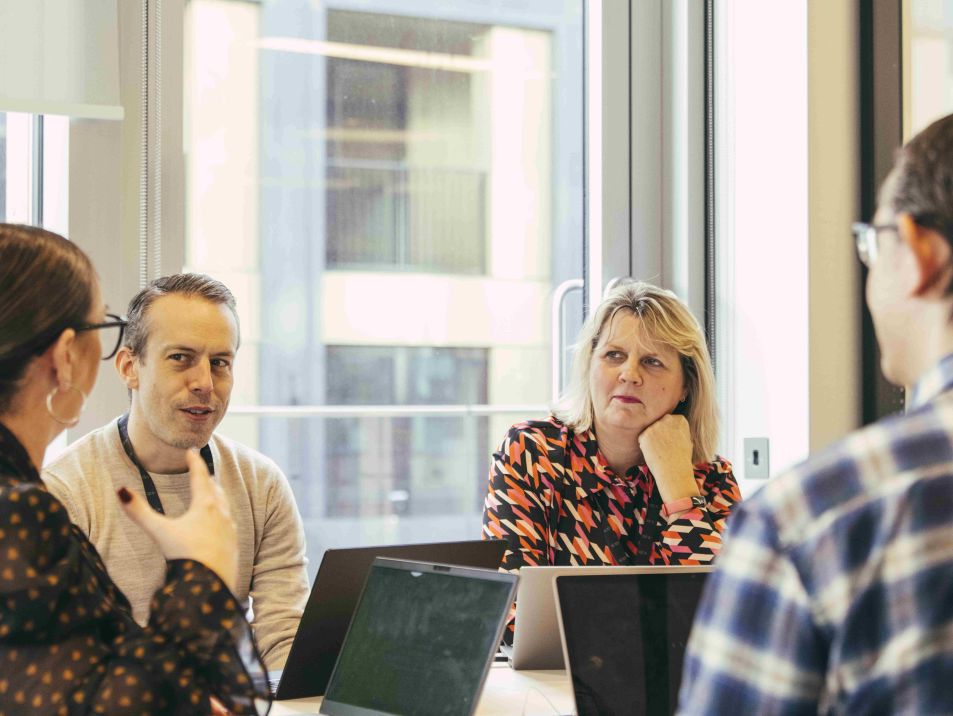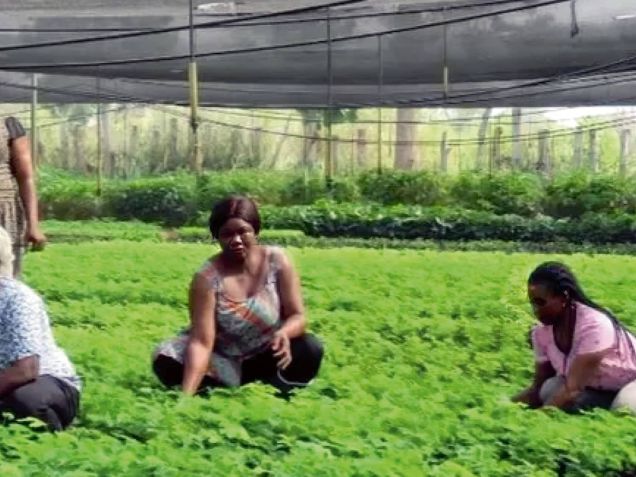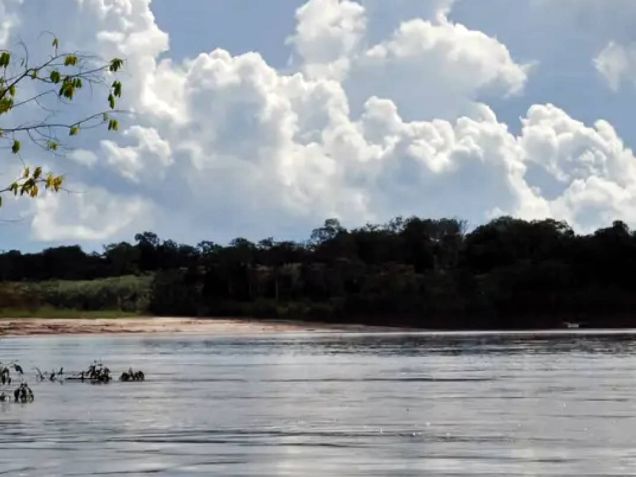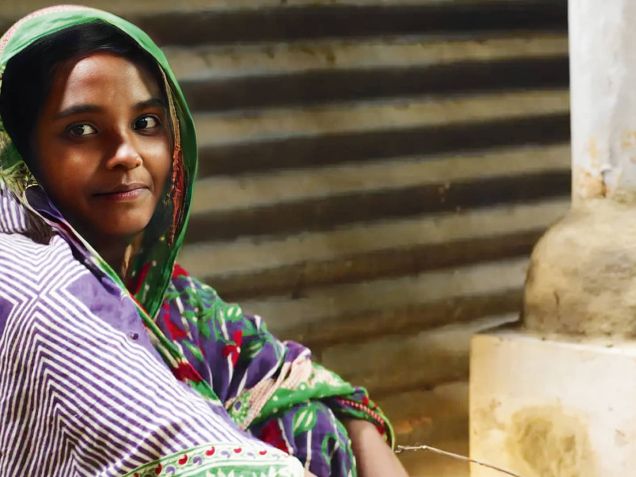Our overall ambition under the Environmental pillar of our Sustainability Framework is to reduce our environmental impact. In order to do this, we have three priority areas to help deliver our ambitions, and under each we agreed three focus areas as follows:

Net zero targets
We have set ambitious environmental targets to spearhead our commitment to environmental sustainability. We are diligently working towards achieving operational net zero by the year 2030, emphasising a comprehensive approach to minimising our carbon footprint across all operational facets. By committing to being operational net zero by 2030, we intend to ensure we reduce our Scope 1 and Scope 2 emissions to net zero by 2030 (90% reduction of baseline emissions).
Building on this momentum, we are further dedicated to attaining total net zero emissions by 2050, aligning with global efforts to combat climate change. We believe our forward-looking strategy not only underscores our environmental responsibility but also positions us as a leader in adopting long-term sustainable practices. Our commitment to these targets reflects a proactive stance in mitigating climate impact and contributes to a more sustainable and resilient future.
We also report all of our greenhouse gas emissions in our Annual Report.
Carbon offsetting
Every year, we offset 100% of our carbon emissions. This signifies our commitment to neutralising our carbon footprint by investing in verified projects aimed at reducing or capturing an equivalent amount of carbon emissions produced by our operations. Through strategic support of initiatives such as renewable energy projects and reforestation, we actively contribute to environmental sustainability. This formal commitment underscores our dedication to responsible business practices and aligns with our mission to be a sustainable and environmentally conscious business. More information about the offset projects we invest in can be found in our latest Annual Report.
Governance and reporting our progress
Reporting our environmental progress
We participate in the Carbon Disclosure Project (‘CDP’) to demonstrate our commitment to transparency and sustainability. By engaging with the CDP, we voluntarily disclose our carbon emissions data and climate-related strategies, allowing investors, stakeholders and the public to assess our environmental impact and efforts to mitigate climate change. Through the disclosure process, we gather valuable insights into our environmental impact and identify areas for improvement, and it continues to help us to set ambitious targets for carbon reduction.
We have produced our Task Force on Climate-Related Financial Disclosures (‘TCFD’). The framework covers areas such as governance, strategy, risk management and metrics and targets, enabling investors, lenders and other stakeholders to assess the potential impact of climate-related factors on our financial performance.
A copy of our TCFD Report can be found in our latest Annual Report.
We also report all of our greenhouse gas emissions in our latest Annual Report.

Our environmental initiatives
The Green Team Employee Representative Group is comprised of passionate individuals committed to environmental stewardship. This team plays a pivotal role in promoting eco-friendly practices and fostering a culture of sustainability across various departments. From organising educational workshops on energy conservation to spearheading recycling initiatives, the Green Team actively engages employees in environmentally responsible practices.
By encouraging a mindful approach to resource consumption and waste reduction, this employee-led group not only contributes to the Company’s ecological footprint but also enhances employee awareness and participation in building a greener, more sustainable workplace. The Green Team embodies the Company’s commitment to corporate social responsibility and serves as a catalyst for positive environmental change within the organisational culture.

Reforestation
The project is restoring degraded forest reserves in Ghana with teak, indigenous trees and natural forest in riparian buffer zones. The areas have been degraded due to overexploitation, bush fires and conversion to agriculture. This project engages local farmers to plant trees and grow crops, via intercropping, on degraded lands. In addition to delivering emission removals, over 1,000 jobs have been created (40% of which are filled by women), and more than 6,000 hectares of project land is available to local farmers for intercropping.

Forest conservation
This project aims to prevent deforestation across 105,000 hectares of pristine rainforest in the Amazon basin, protecting some of the world’s most biodiverse habitats. Without sustainable alternatives, local communities often resort to clearing land for agriculture which contributes significantly to global deforestation. This project works with local communities to secure formal land rights and provide training in conservation-based agriculture. This safeguards biodiversity and improves the quality of life for local residents. The reliable stream of carbon revenue has enabled the construction of essential infrastructure like bathrooms and health clinics, as well as regular visits from healthcare professionals.

Clean cooking
Less than 20% of the 35 million Bangladeshi households have access to clean cooking. Traditionally, cooking is done over an open firepit, releasing smoke and particulate pollutants. We are supporting the Bondhu Chula Stoves Foundation, to distribute high efficiency cookstoves that cut carbon emissions by 50% while reducing harmful indoor air pollution. This project also helps to train individuals in stove production, sales and marketing. Carbon finance is used to subsidise 50% of the cost of the stove installation making it more affordable for the local community. This project has been very successful as over five million stoves have been installed to date.
